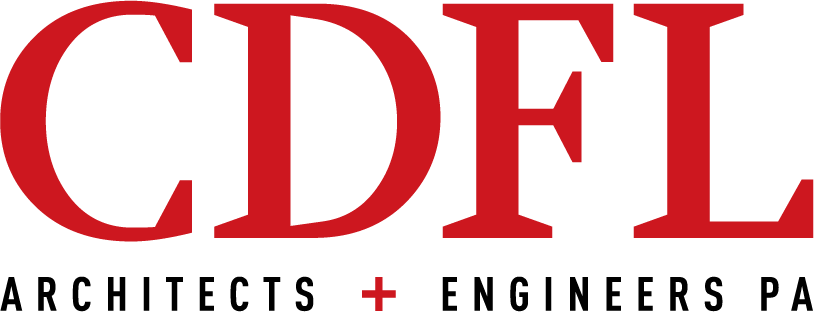10 Things I’ve Learned
In this installment of "10 Things I've Learned," we're going to hear from David Luter about what he's learned as a mechanical engineer. Take it away, David!
It’s impossible to recount everything I’ve learned in my eight short years at CDFL. While my schooling prepared me well with general engineering principals and concepts, there’s simply no way for a four year degree to fully cover the breadth and depth of the mechanical engineering world. Eight years ago, both my technical and non-technical knowledge was severely lacking (to put it mildly) and I’m sure eight years from now I’ll say the same thing about myself now. If there’s one over-arching principle that I’ve learned, it’s that you never stop learning. At CDFL, I’ve been blessed with exceptional colleagues who are willing to share wisdom and gracious with their knowledge. I owe the vast majority of my professional development to them. Below are a few things that I’ve learned.
1. Everyone deserves your respect - give it to them. Our profession involves interaction with a wide array of people. Resist the temptation to evaluate a person’s worth based on their professional status, economic standing, and usefulness to you.
2. Listen to others and consider their input. One of the beautiful things about humanity is the uniqueness of each individual. A different point of view or a fresh perspective can be incredibly helpful in solving a problem.
3. On a similar note, give input and be confident in yourself. Particularly early on your career, you’ll be in situations where you feel inadequate or afraid that you’ll be exposed for the fraud that you feel like. Fight those feelings and know your input is valuable. However, be sure to hold this principle in balance with the one above. Be confident, but not arrogant. Be secure in yourself, but not proud.
4. There is value in youth and inexperience. We tend to look at new hires and young employees as a burden for some period of time until they’ve been adequately trained. While there’s certainly truth to that, young employees can still make valuable contributions. Their grasp of technology and fresh perspective can open doors to better and more efficient ways of accomplishing daily tasks. Allow and encourage them to think innovatively.
5. Our world is ever-evolving. Be flexible and willing to learn. “I’ve done it this way for 20 years” is not a valid excuse to avoid change.
6. Always be looking for ways to improve yourself and your process. We all have our strengths and weaknesses. Hone your strengths and improve your weaknesses.
7. Adding to the previous point - Do things that are out of your comfort zone and do them often. This is the absolute best way to improve your weaknesses.
8. You will be wrong often.
9. Own your mistakes. People can see through your blame-shifting and it’s not a good look.
10. Learn from your mistakes. Mistakes can’t become lessons-learned unless you actually learn from them. Take time to evaluate where and why things went wrong and work to avoid them in the future.

